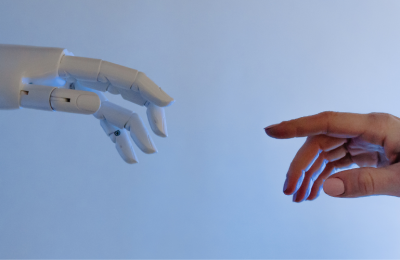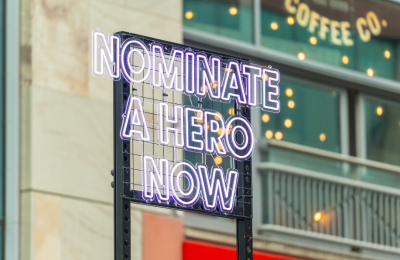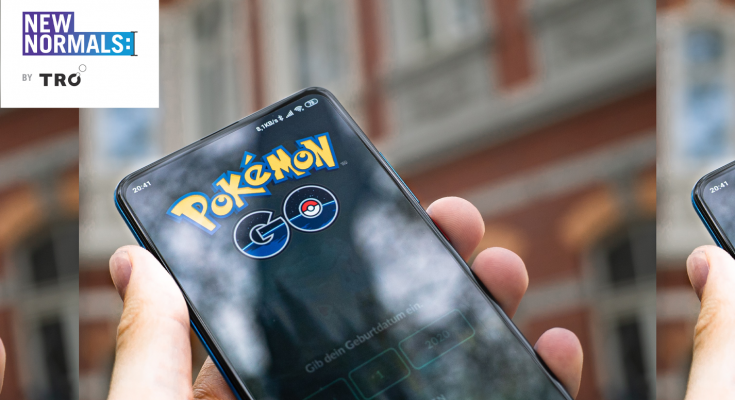By Sandra Mardin, Strategy Director TRO UK
New Normals is a content series focused on the rapid evolution of the experience economy in response to the global pandemic. Through our global network, we share stories and insights from around the world, with this edition focusing on how gaming and theatre are combining to create post-COVID experiences.
Immersive theatre pioneers Punchdrunk has announced a partnership with leading location-based gaming company Niantic. A collaboration that has the potential to deliver intimate immersive experiences at a previously unobtainable scale.
Although a UK company, Punchdrunk have already established themselves on the global stage with the performance of Sleep No More to the US and Chinese audiences. In fact, it was precisely this show that inspired the collaboration with Niantic, the US-based Pokémon GO creators.
“We’ve often heard audiences comparing the show to a game. It’s an idea that’s fascinated us for some time and led us to imagine what would happen if we integrated game mechanics and digital technology into our work. We believe that the future of interactive audience experience will be at the cross-section of gaming and theatre,” Punchdrunk explains.
Niantic’s Real World platform gives Punchdrunk the opportunity to take the immersive theatre experience outside of physically bound spaces and disperse it into the wider environment. In a hint of what’s to come, they say they intend to bend the rules of the genre and redefine the norms of mobile gaming.
What does it mean?
Although the COVID-19 lockdown restrictions are beginning to ease, delivering engaging live experiences while adhering to social distancing is still a considerable challenge. Combining theatre-making skills with the thrill and scale of mobile gaming may just be the answer. This type of cross-sector collaboration won’t just affect the traditional theatre experience as we know it but open new avenues for brand theatre.
Cross-sector collaboration in a crisis results in much stronger commercial results, according to Harvard Business Review; as companies are better prepared to solve rapidly changing, complex problems. Rather than falling back on timeworn solutions, immersive brand experiences that used to be bound by physical locations can now be reimagined through the lens of AR gaming.
“We can imagine a future where audiences are individually distanced while intimately immersed in intensive performances and simultaneously connected to one another on a global scale” according to Helen W. Kennedy and Sarah Atkinson; professors of Creative and Cultural Industries and Screen Media, respectively.
During the lockdown, we witnessed many attempts at remote experiences; however, none could quite match the depth of engagement of live, unscripted, two-way interaction. We are now seeing a glimpse into a future where physical distance is no longer a barrier to immersion and where reaching audiences at scale doesn’t take away from the live 1:1 experience.



























